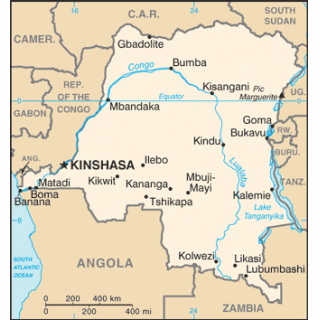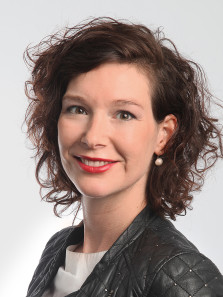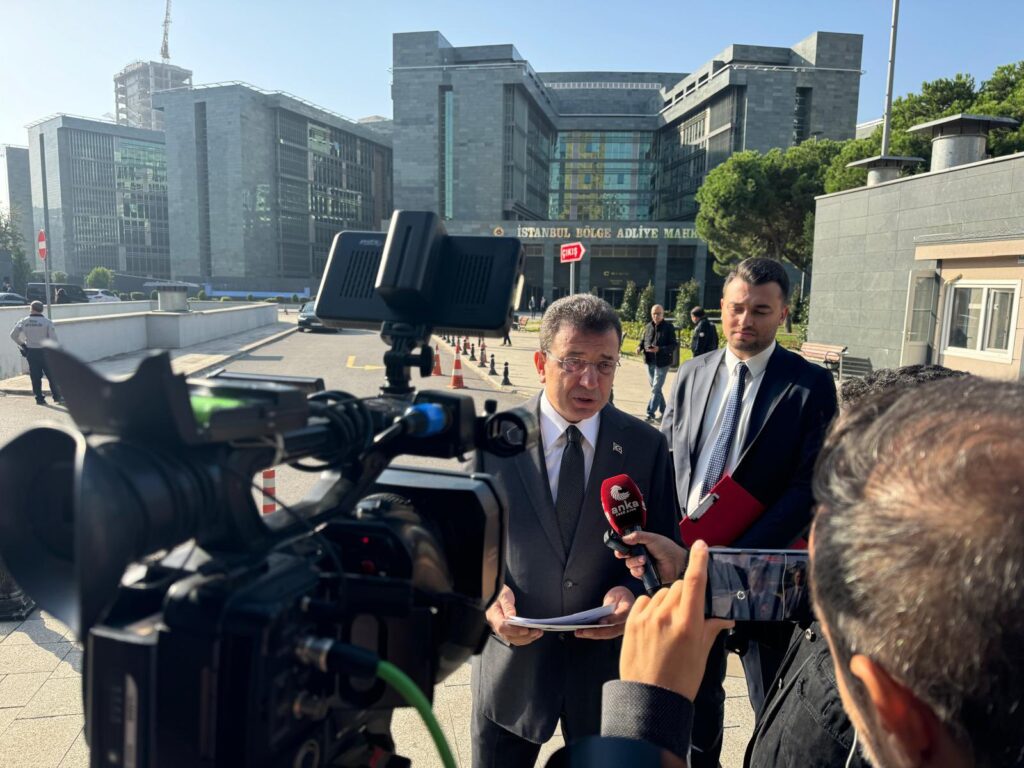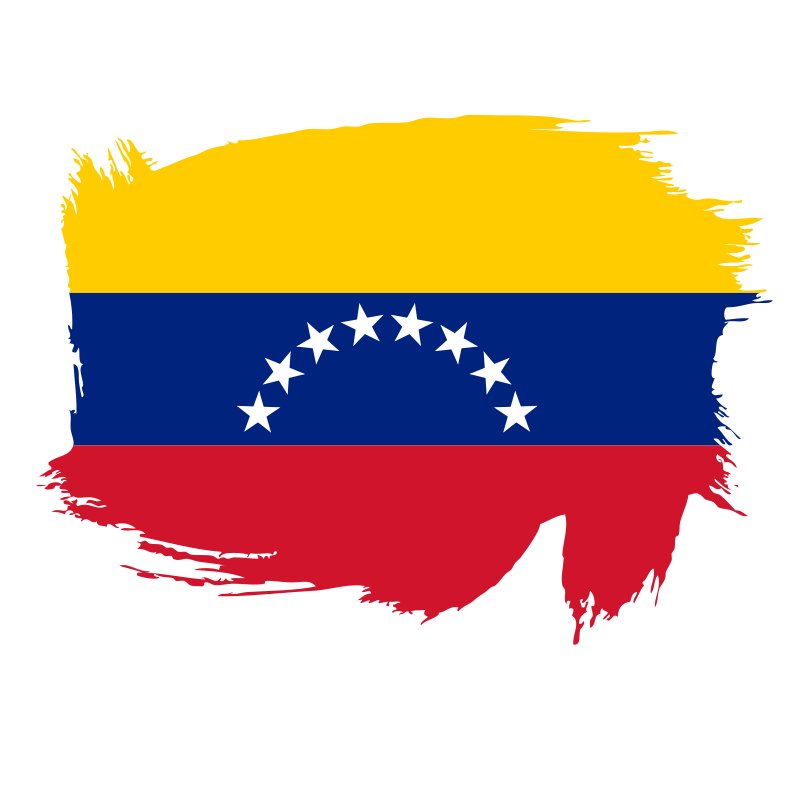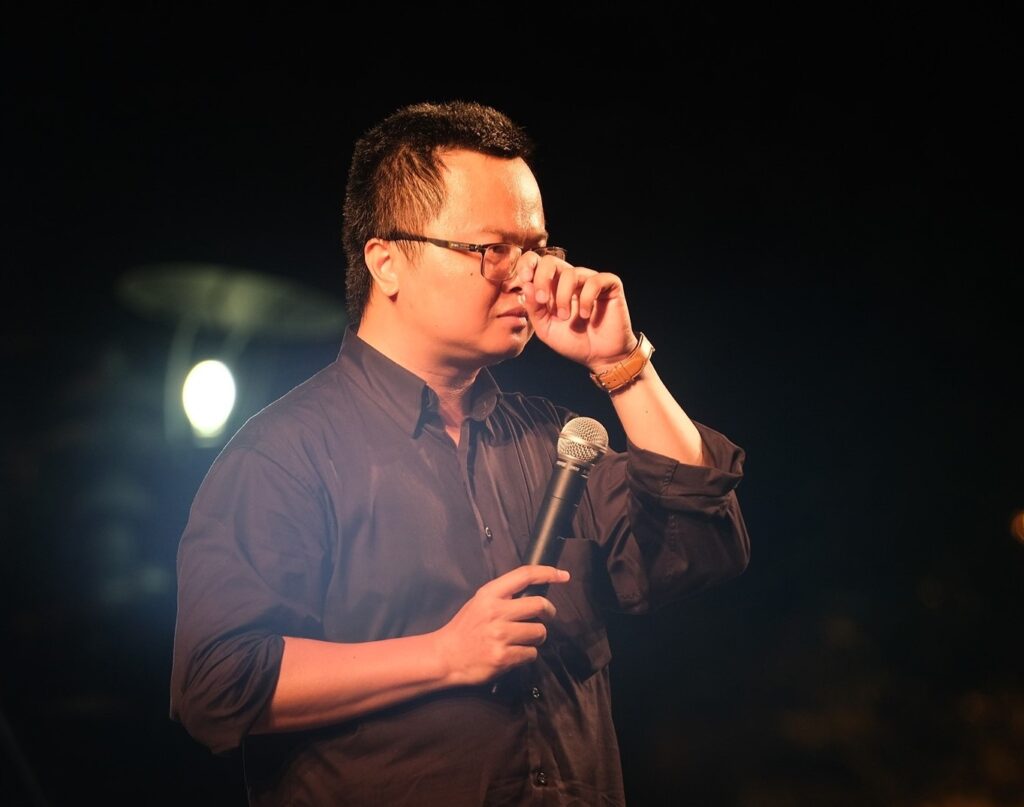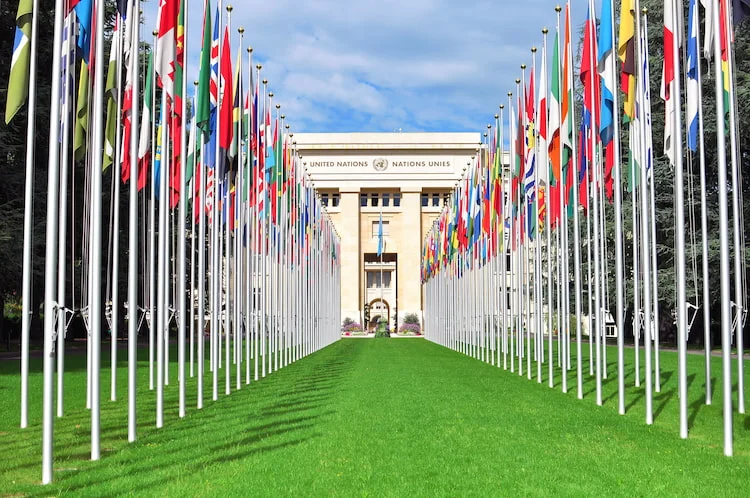Nienke van Renssen –
If you say Congo, most people think of eastern Congo, where war has raged for years and a terrible conflict is still playing on the border with Uganda and Rwanda. Congo, the former colony of Belgium. And Zaire, which symbolized darkest Africa in the seventies, led by dictators with leopard skins. I was born in the eighties, had a vague idea who Mobutu was, but that was about all I knew. Until I got more interested in Africa a few years ago. A documentary on the Congo River, where the filmmaker followed the wide Congo River downstream for days on a boat, inspired my fascination for the country.
Democratic Republic of Congo
Every country in Africa has its own troubled history. What matters, in my opinion, is the Africa of 2015. The improvement in the political and legal situation should take place now in the 21st century, without dwelling on the past for too long. Although we obviously focus on the role of lawyers in contemporary Kinshasa during our visit, it can still be useful to understand something of the background of the Congo.
A few years ago, Congo was in the spotlight because of the book ‘Congo’ by David Reybrouck which won the Dutch Ako Literature Prize in 2010. Besides it being a very interesting book, David Reybrouck gives a good overview of the history of Congo. During our visit I will undoubtedly occasionally refer to this book.
Ever since Henry Morgan Stanley (yes, Livingstone) following the Congo River downstream from the east, the Congo is in contact with the Western world. It was 1877 when Stanley after a long and exhausting journey reached Kinshasa (which he later named ‘Leopoldville’). Until 1906, Congo was the personal project of the Belgian King Leopold II, who had partly financed the expedition of Stanley. In those years the Congo was primarily seen as a colony and the population was terribly exploited (inter alia for the rubber production). From 1906 to 1960, Congo was a colony of Belgium, after the international community had put pressure on the Belgian parliament to take over the Congo Free State from the king.
The history of the Belgian Congo cannot be told better than it is by our southern neighbors and rings in Flemish art and literature. This period is characterized by the growing influence of the church and missionaries on the Congolese population. In 1960 the Congo became independent and the directors of European descent who had led the country until that time, left in a hurry. Lemumba led the independence and became prime minister of the new Congo, but was murdered within a year. He appointed Laurent Mobutu as army chief of the new Congolese army. Mobutu came into power in 1965 and remained in power until 1997 the leader of Congo. He was a leader who was said to feed his opponents to crocodiles.
Political situation now
At present, Joseph Kabila is President of the DRC. There is much fuss because of possible constitutional amendments that may create a possibility for Kabila to stay in office even after his second term (which expires in 2016). Earlier on it was promised that a government of national unity would be formed. According to the General report from the Dutch Ministry of Foreign Affairs of October 23, 2014 the president recently reiterated that a government would soon be formed with members of the majorité présidentielle, the opposition and the société civile. If Kabila should indeed resign as president, this will be a big change for the DRC. President Kabila will then have been in power for over fifteen years, since the moment his father Laurent Desire Kabila was assassinated in 2001. In 2006 he was elected president and in 2011 he was re-elected.
There are many human rights abuses in Congo, such as disappearances, killings and arbitrary arrests. Especially in conflict areas, but also in the rest of the country. Part of it is perpetrated by government forces, according to several human rights organizations. Impunity is a big problem.
These violations focus on citizens and therefore on lawyers. Of course it is always difficult to argue that the rights of lawyers deserve special attention, if violations of fundamental rights are ‘the order of the day’. However, if lawyers cannot freely do their job, any control over the system is lacking. It is often lawyers who draw attention to human rights violations. Moreover, lawyers are those who ask for enforcement and prosecution on behalf of victims. And precisely in this capacity, they play an important role in improving the legal system.
Nienke van Renssen is a lawyer at CMS Derks Star Busmann in Amsterdam and member of the L4L focus group Africa.
